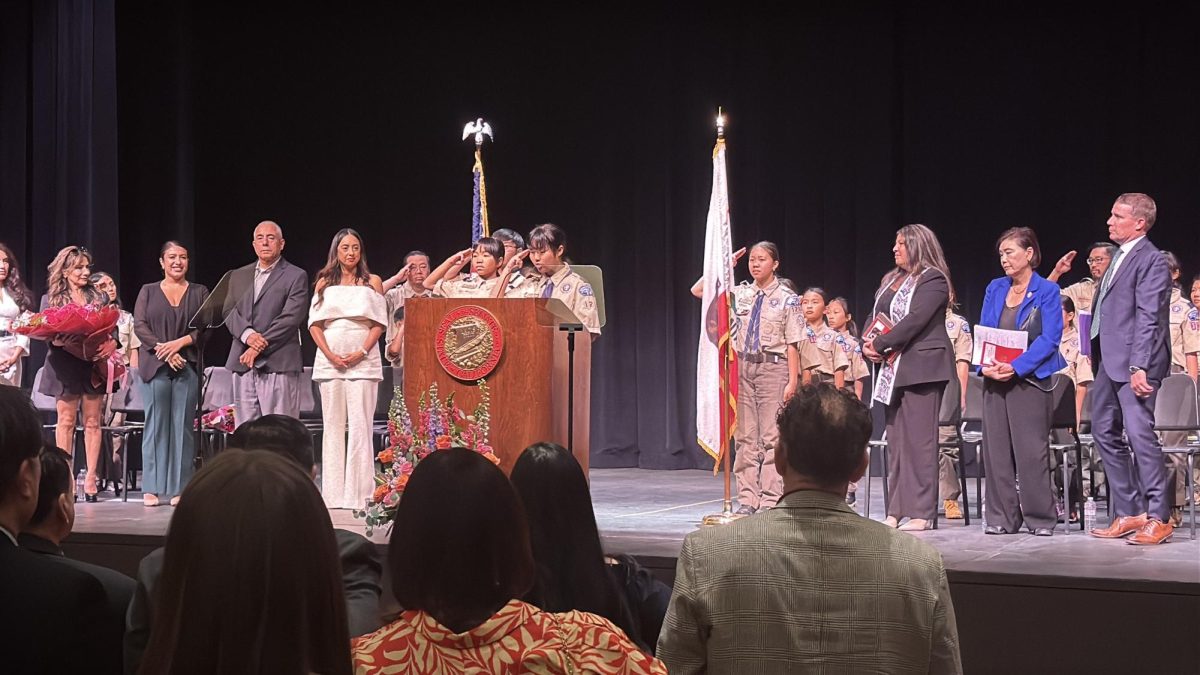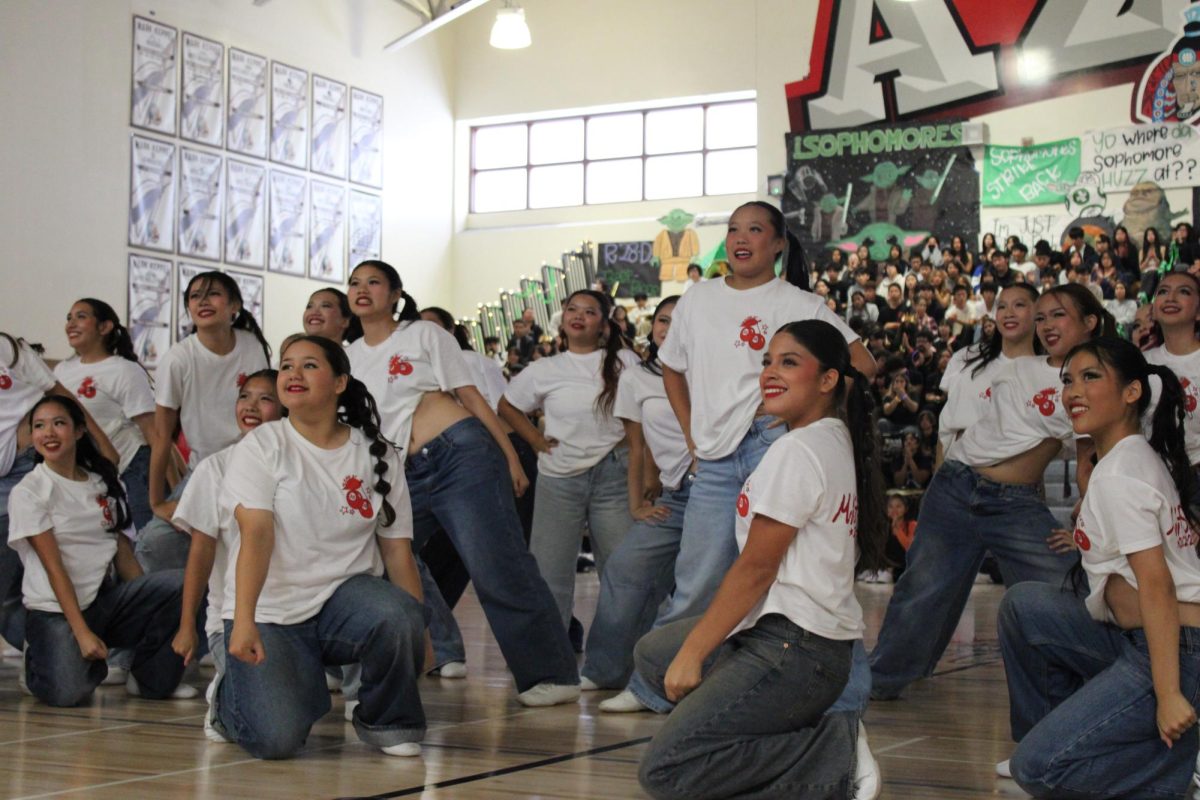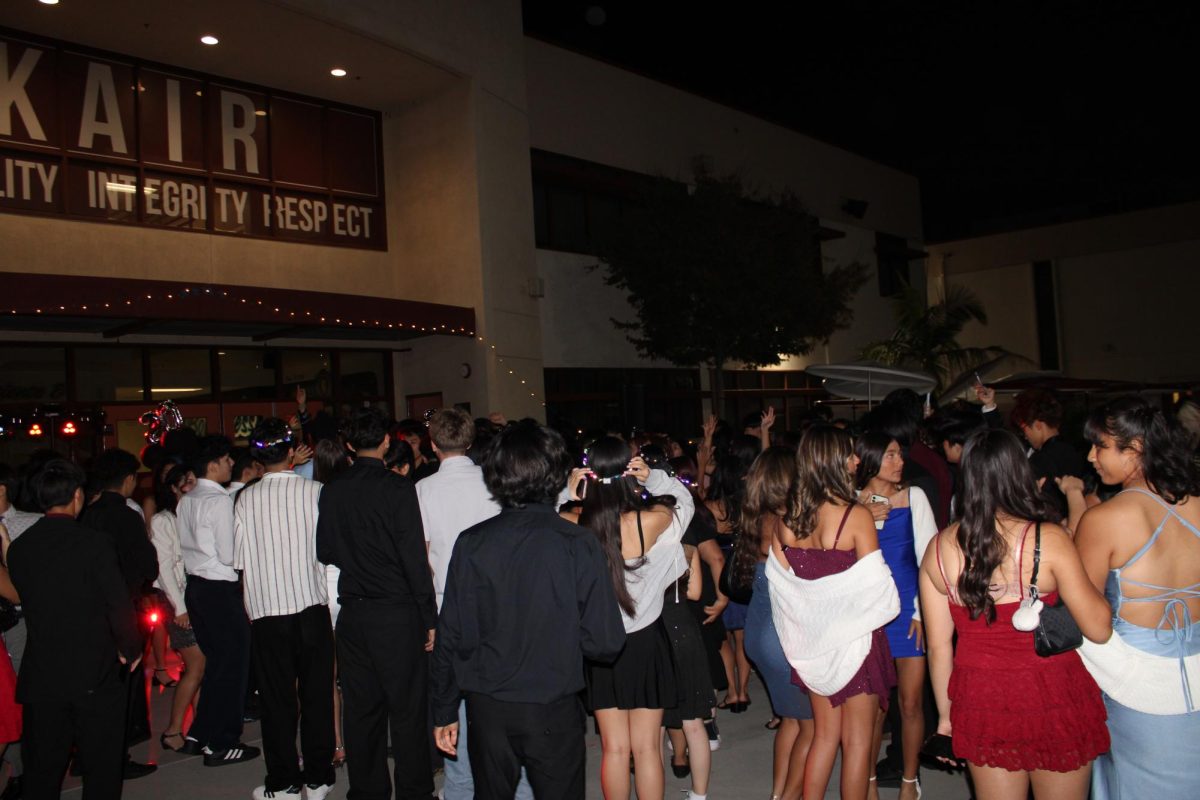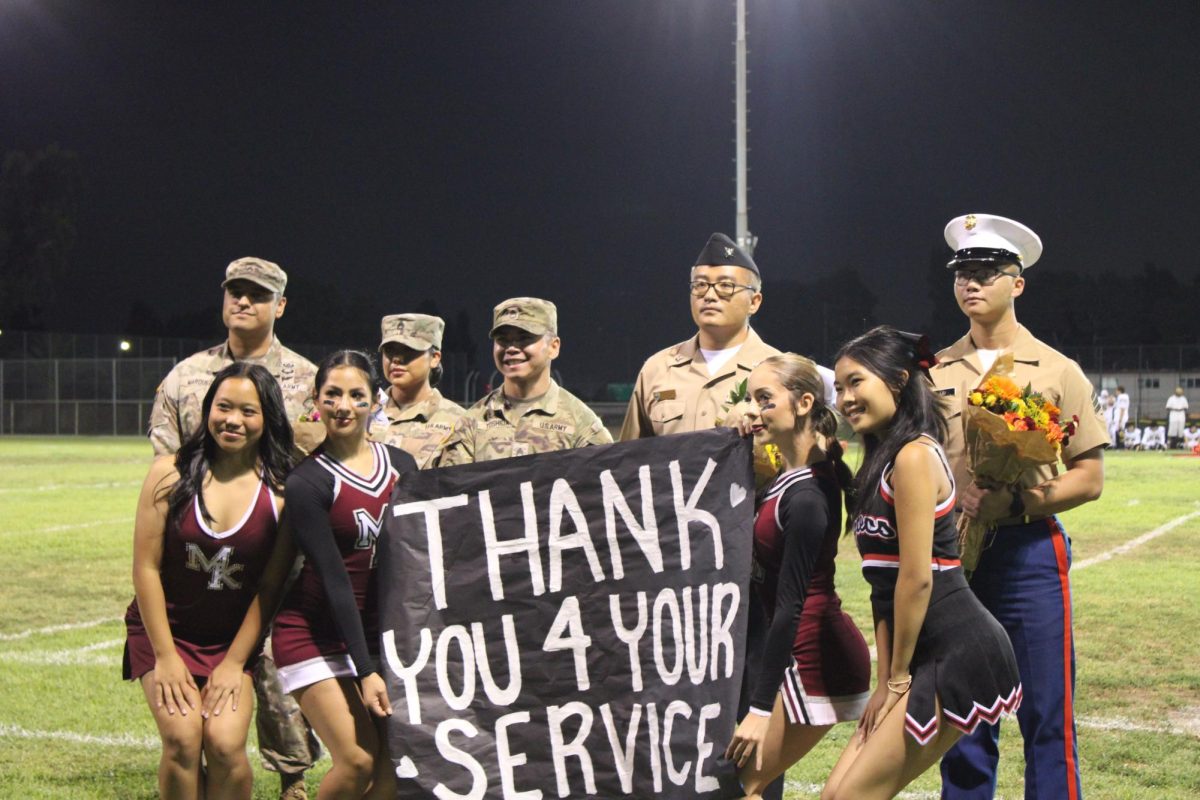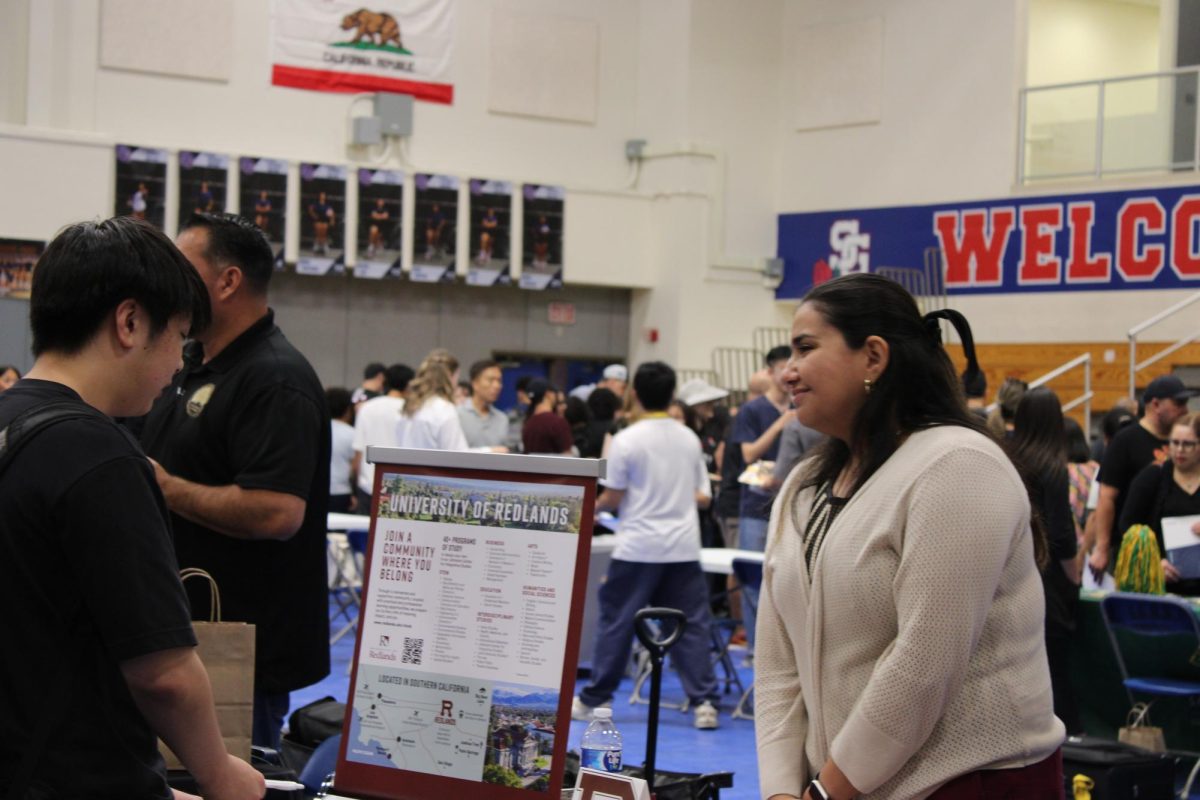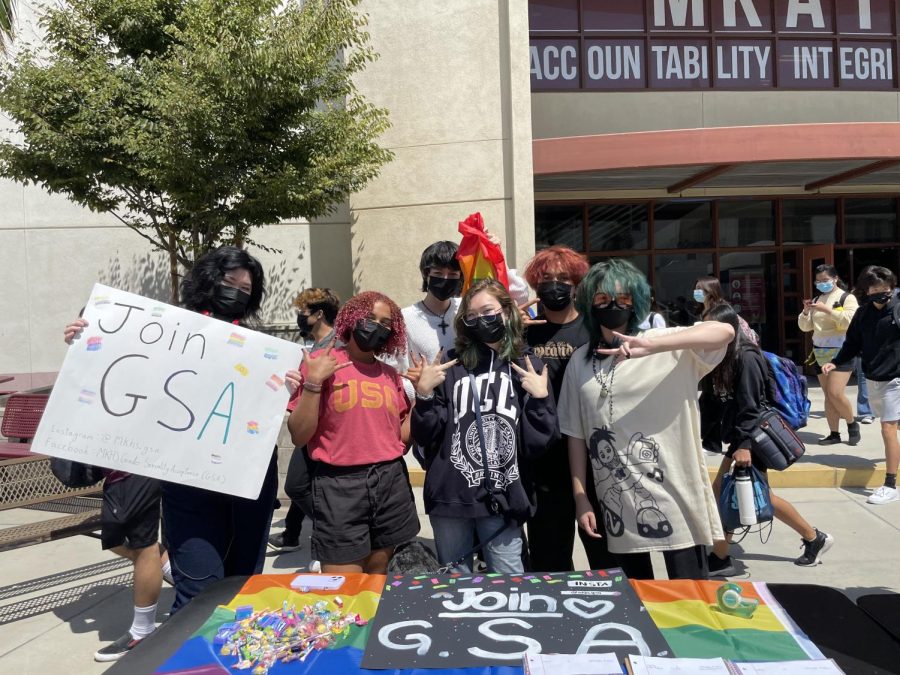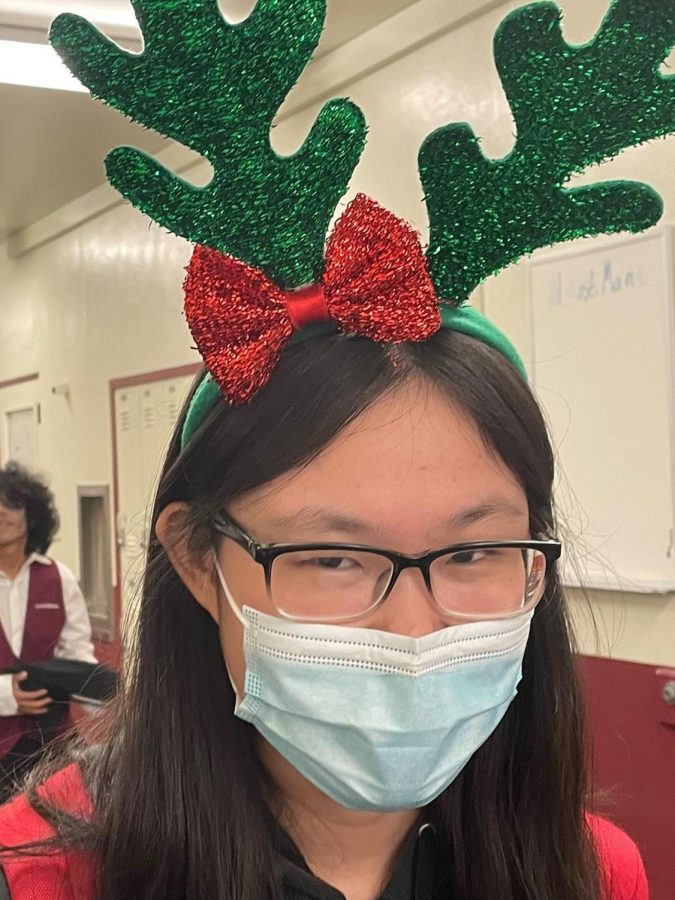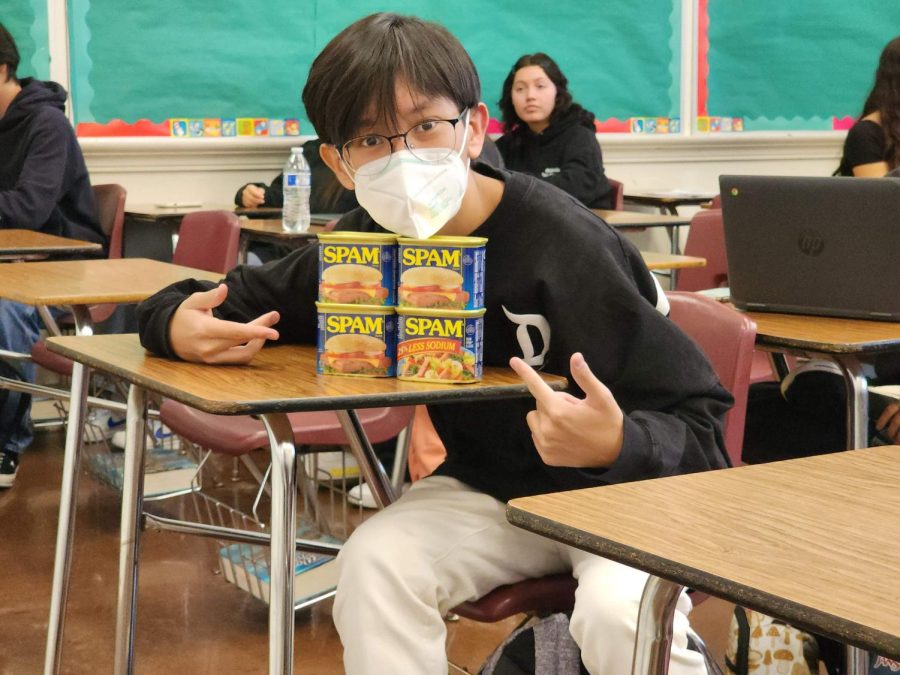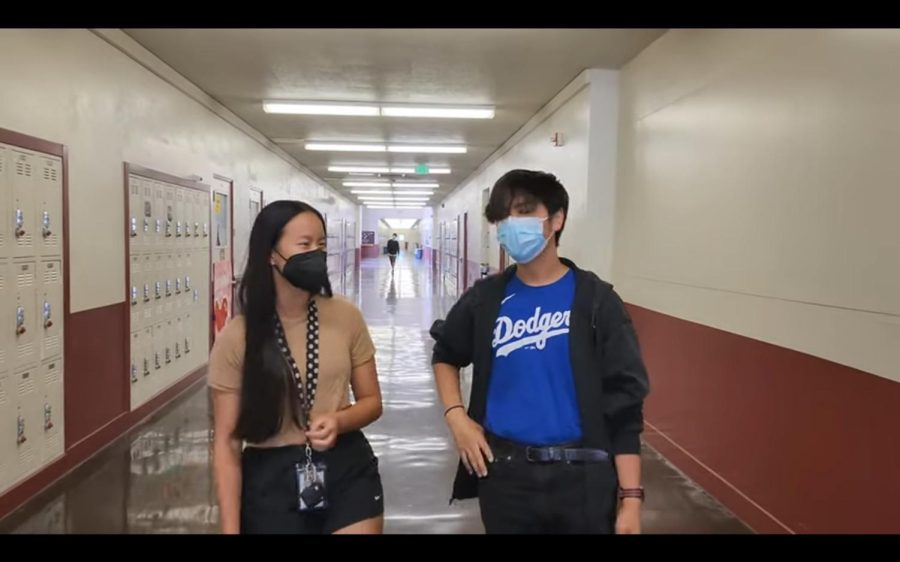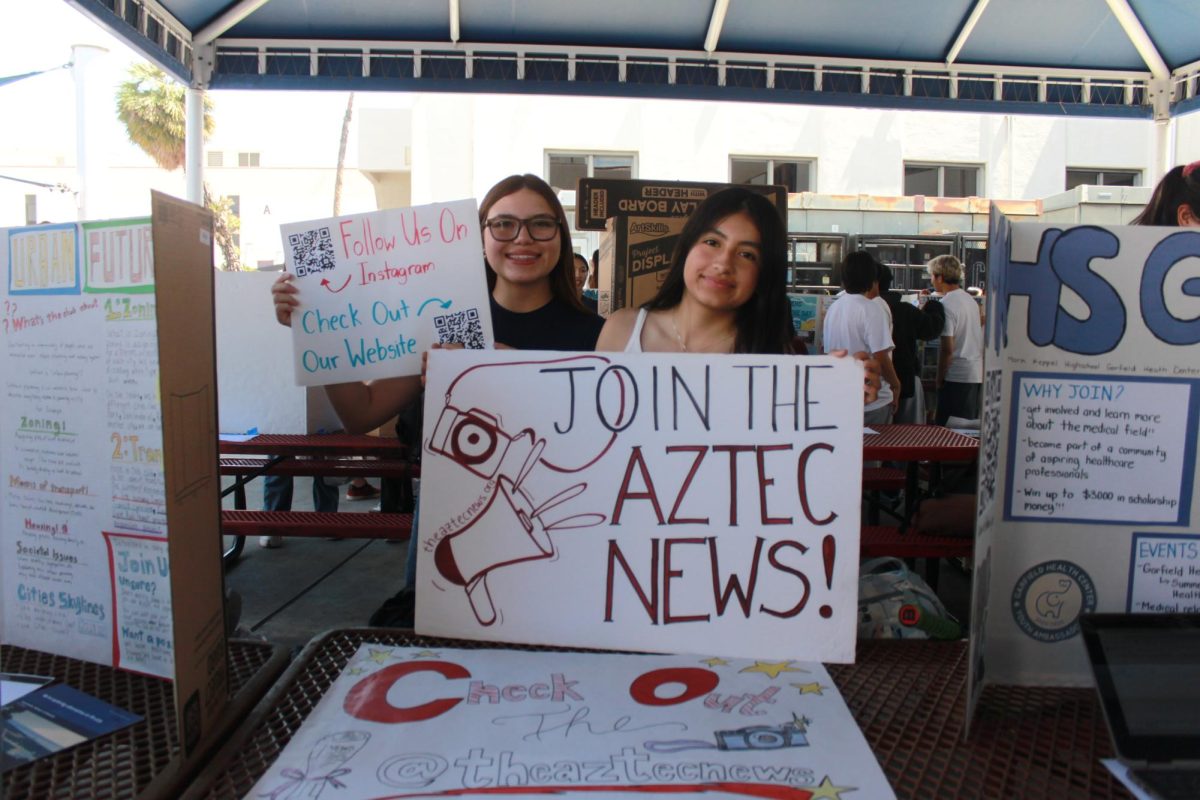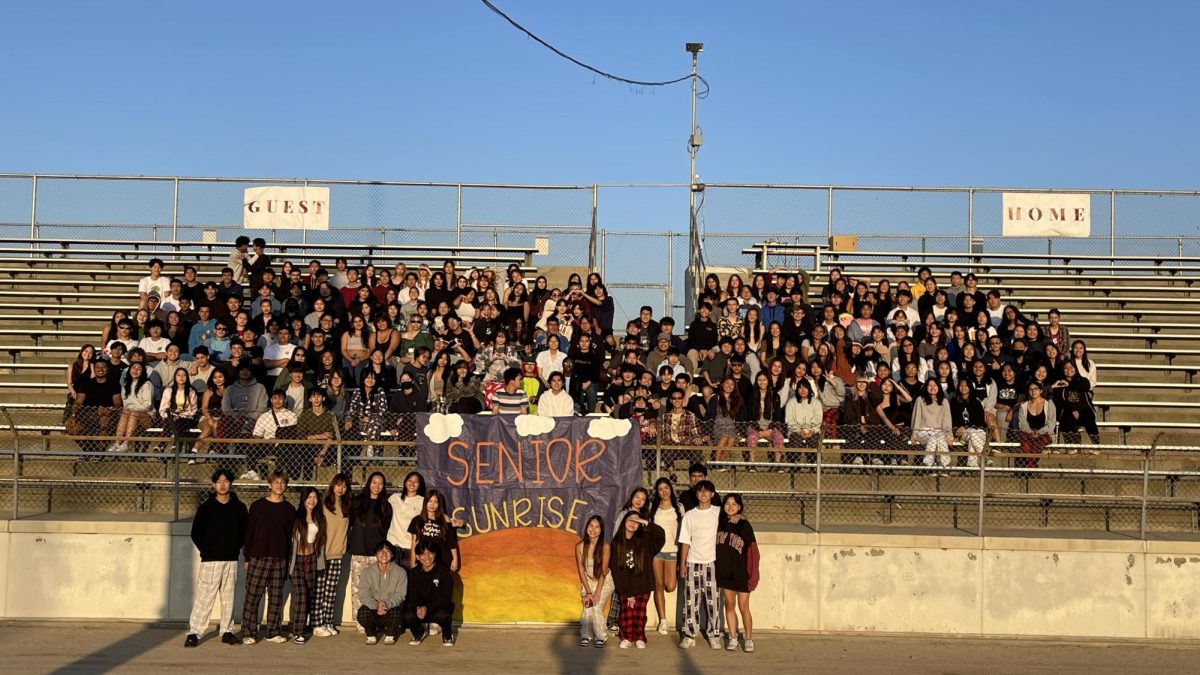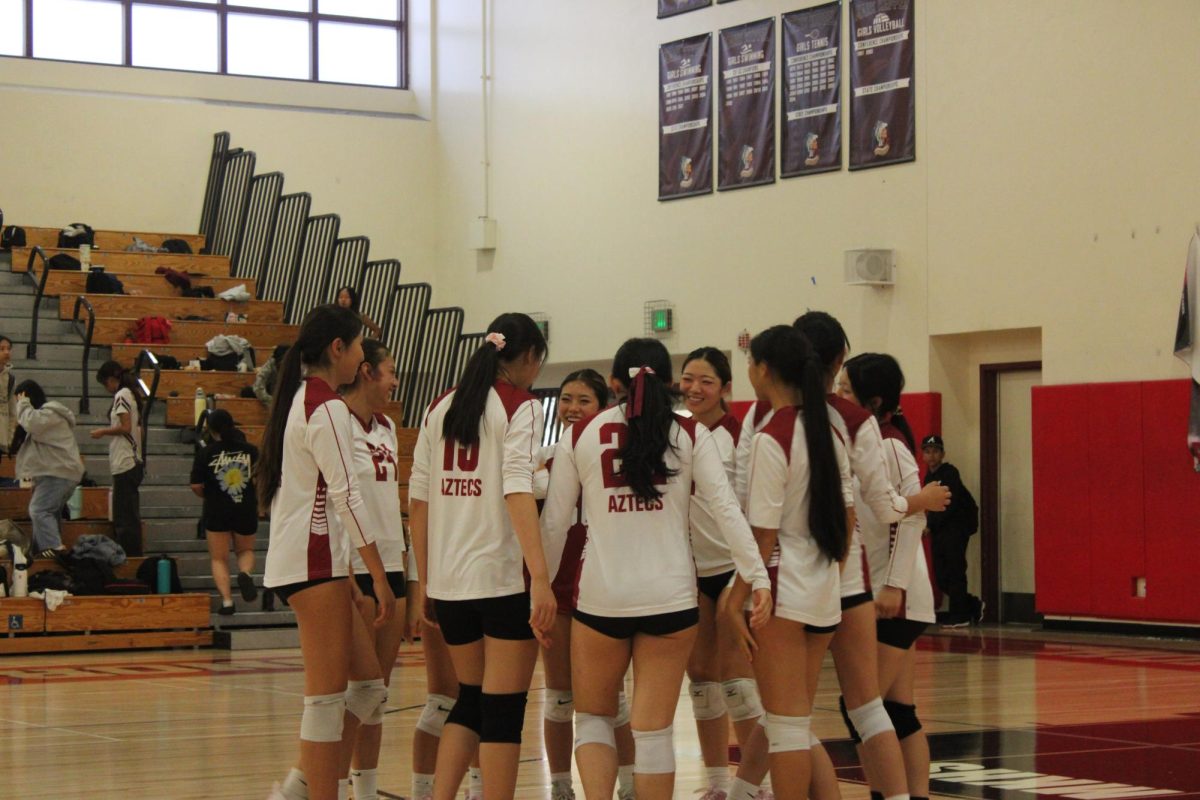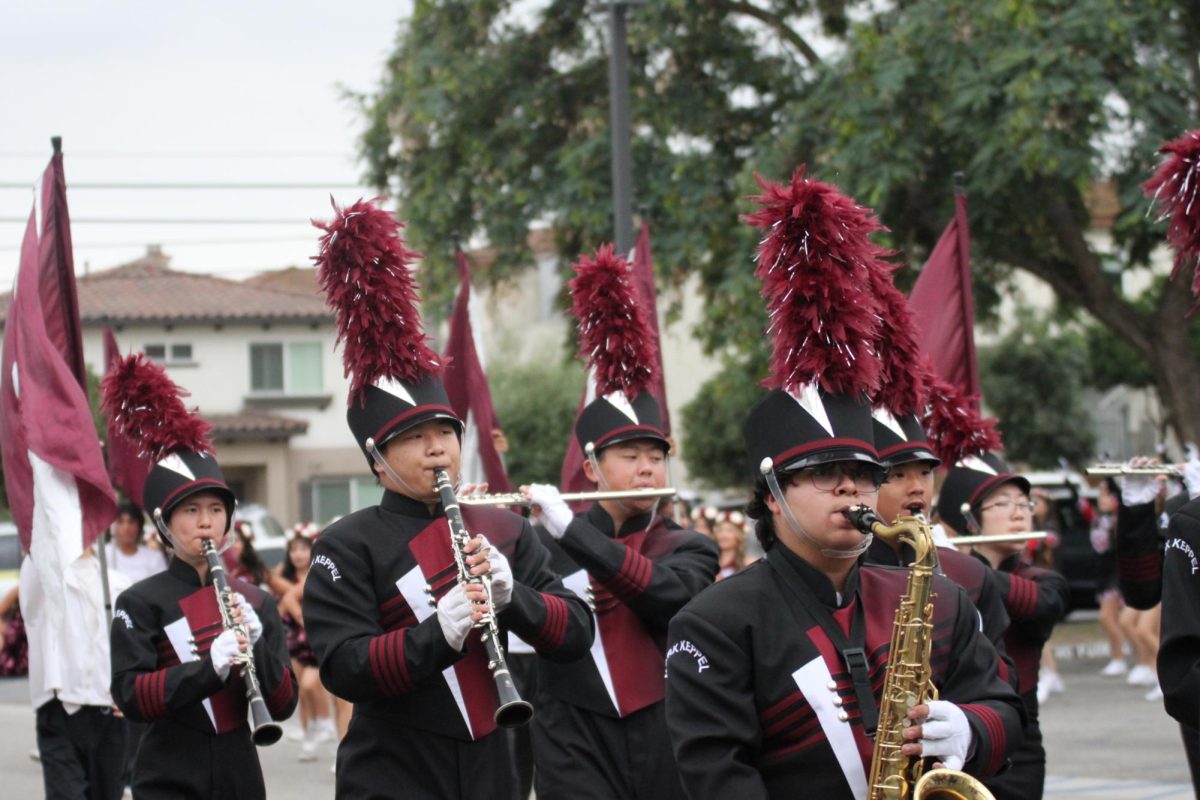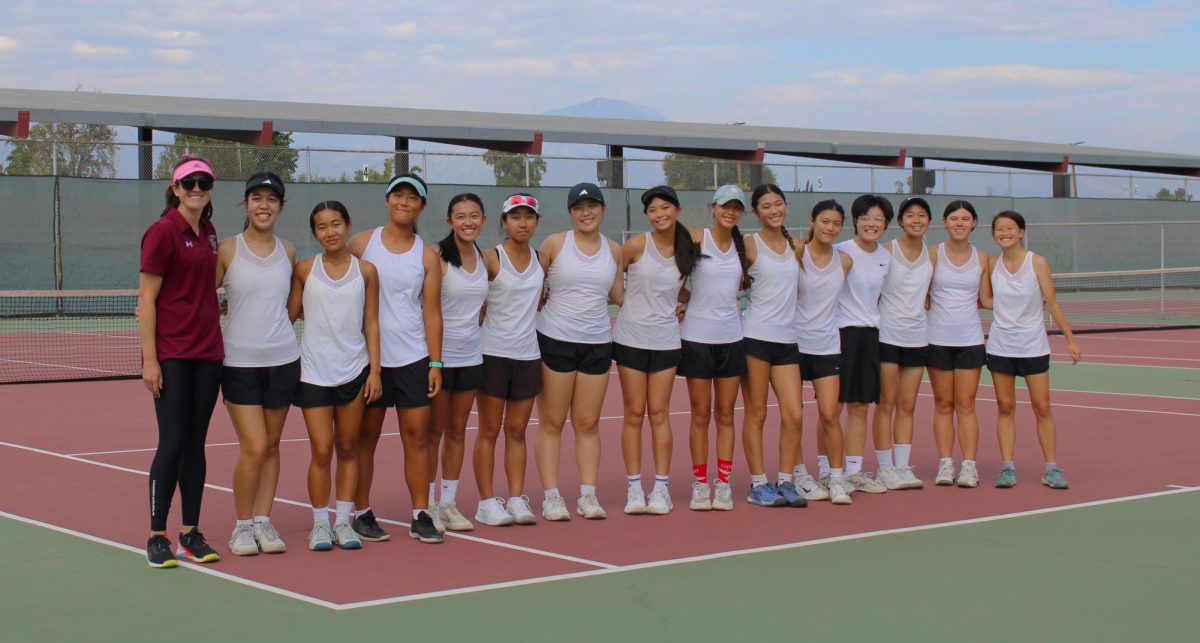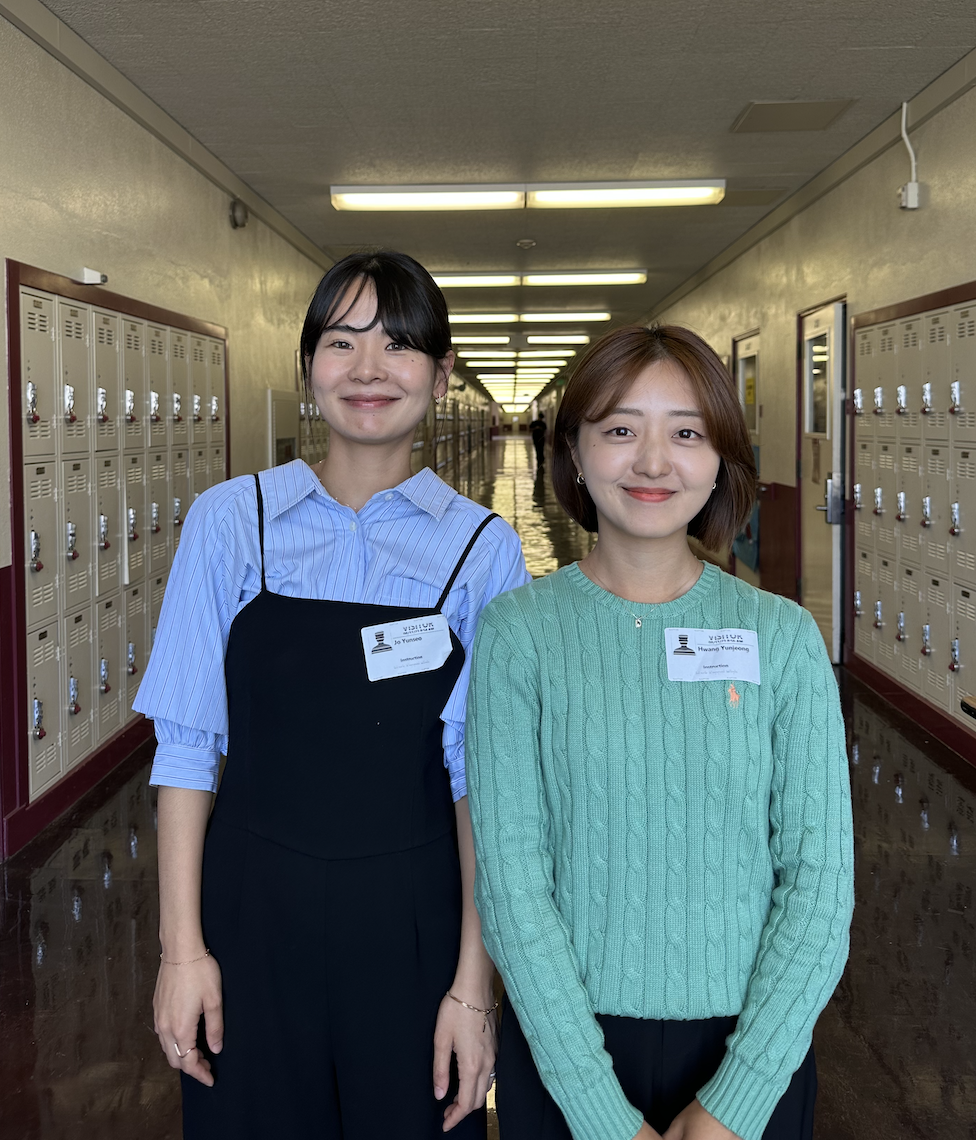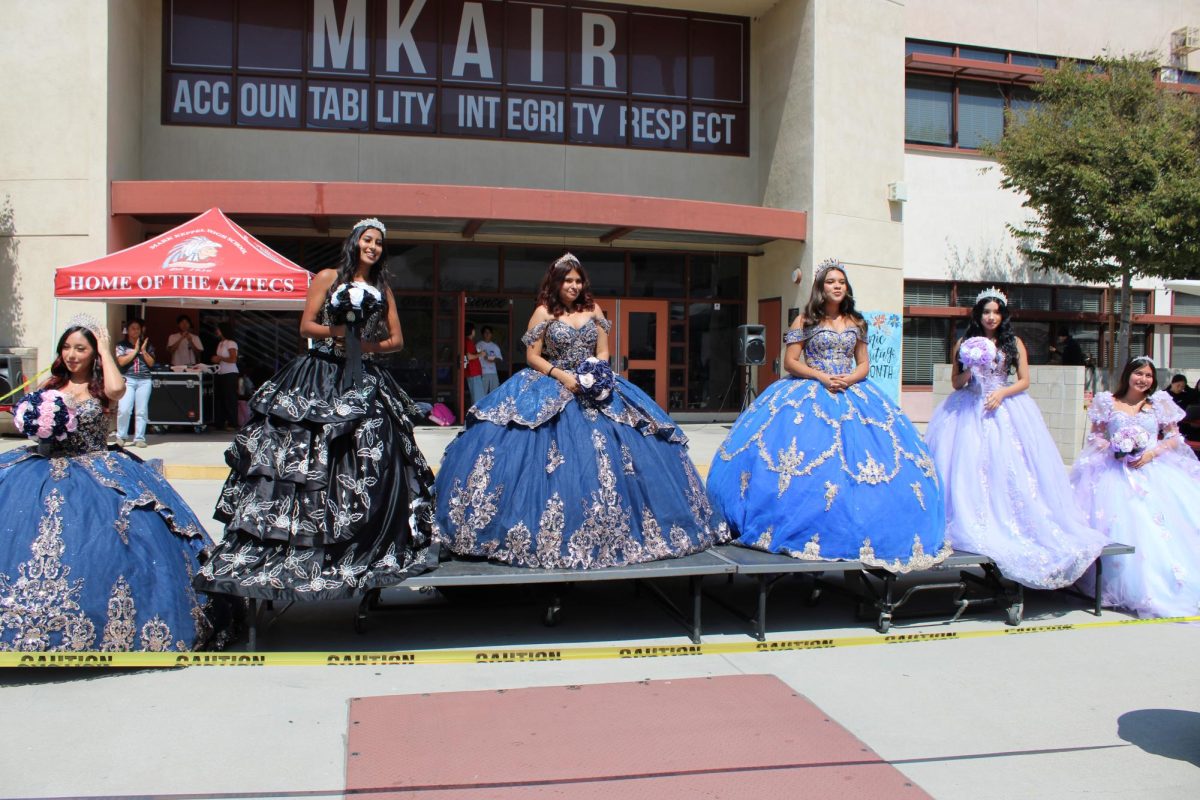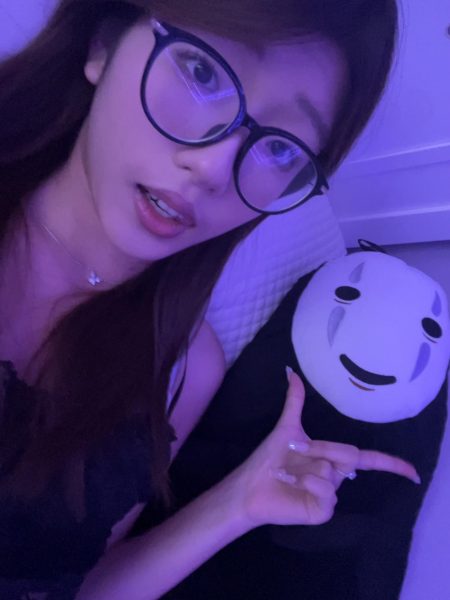In the midst of July, Hwang Yunjeong and Jo Yunseo, two middle school teachers from the province of Gyeongnam in Korea, traveled to the United States to learn about the American educational system. During their time in the U.S. they received a warm welcome from Mark Keppel High School. Throughout their stay, the two teachers have observed that there are significant variations between the educational systems in Korea and the United States.
From their momentary visit at Keppel, Hwang Yunjeong noticed a heavy deviation between the two educational systems, which mainly regards the way students behave. “I think American school [is] more focused on relationships and more career things. [It’s] more related to their careers and real life,” Hwang Yunjeong says. “In Korea, we do more academic things.” Furthermore, Jo Yunseo adds, “Every class we heard [about] was new to us because there’s fashion class and marching band class. So, we like that. They’re not in Korea, so I think students can find what they like; their strengths, [and] what they’re interested in. That’s [a] good point of the school system in America.” Unlike the schools here in the states, Korea falls short of extracurriculars and other activities. Additionally, students here in the states care more than just academics while the students in Korea primarily concentrate on academics.
“I think in this day and age, students aim to gear their applications toward accomplishments outside of class and community work instead of just academics,” Brandon Wong, a junior at Mark Keppel, says.
A heavy divergence in regards to teaching is observed in different schools in different parts of the world, due to their own individual teaching style from the teachers. An example would be the usage of technology. The exchange teachers find it a challenge to teach the students with the students spending most of their time on their phones. “I saw some of the students wearing Airpods or using cellphones during class,” Hwang Yunjeong says. “That would be one of the challenges for us. In Korea, students have to take out their cellphones in the morning, and they can get the phone after school. We cannot use Airpods or [anything]. That’s another difference [about] Korea and America.” Schools in Korea collect phones and airpods from students as they’re a distraction to learning; however, certain teachers in the states are neutral with phones, or they just don’t care enough to confiscate it because at the end, the choice of learning belongs to students.
“Holding off from picking up a cell phone is extremely important to avoid distraction and increase productivity. However, I’ve found that this principle holds up best when a student is holding themselves accountable rather than being restricted by a teacher,” Wong states.
Compared to most teachers’ teaching methods/styles, Jo Yunseo’s teaching style is words of encouragement and support. “I always want to make students feel that [making] mistakes are good, and [so] that they feel very comfortable in the classroom. [So] that they feel supported and loved by friends and teachers, that is the first thing. And then, we move on to academic things,” she says.
While the states’ grading scale is based on A, B, C, D, and F, Korea’s is based on a 0-100 grading system. Classwork, homework, projects, etc play a major role in an individual’s grade; on the other hand, Korea mostly focuses on tests. Students move up the academic ladder through tests, and moving up the ladder increases the likelihood that they will be admitted to college. As a result, students there are far more competitive than students in America. “We don’t grade their homework [because] we don’t know who did the homework,” Jo Yunseo says. The reasoning for that is because of a private after school program also known as hagwon. Teachers aren’t aware of what’s happening during their time there because they are skeptical of who’s actually doing the homework. Therefore, homework doesn’t play a crucial role in grading because hagwon teachers provide support for students.
This brief interview with the exchange teachers led to the conclusion that the educational systems in Korea and the United States are significantly dissimilar. While students in Korea seem to solely focus on academics and tests, students here in the states do extracurriculars and other activities that help get into college. Nonetheless, schools still perform a strong emphasis on the students’ academics.
A word of encouragement from the teachers: “Let [the] adventure begin and always try to find something positive in the dark. That’s our motto. Find something valuable in unexpected situations.”

